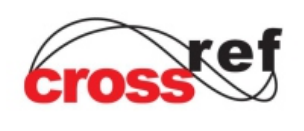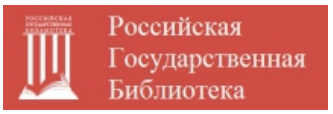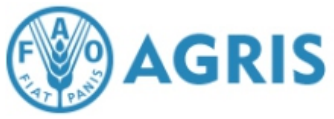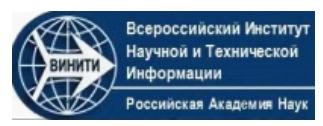Multi-agent neurocognitive model of a control system for the coordinated behavior of an autonomous agents’ collective
I.A. Pshenokova, S.A. Kankulov, B.A. Atalikov, A.Z. Enes
Upload the full text
Abstract. The main goal of the research is to develop a decentralized system for controlling the coordinated behavior of a team of autonomous agents based on a multi-agent neurocognitive architecture. The task of developing a decentralized control system is solved based on the self-organization of multi-agent neurocognitive architectures of autonomous agents as part of a single cognitive architecture and the formation of a common mission graph. The vertices of the graph will be complex states that represent the union of the states of all agents in the group, and the arcs will be the sets of actions of the group members leading from one complex state to another. The presented model will allow to create decentralized, flexible and scalable control systems for a group of intelligent agents to solve complex problems and can be used in robotics.
Keywords: control system, multi-agent systems, decentralized systems, intelligent agent
For citation. Pshenokova I.A., Kankulov S.A., Atalikov B.A., Enes A.Z. Multi-agent neurocognitive model of a control system for the coordinated behavior of an autonomous agents’ collective. News of the Kabardino-Balkarian Scientific Center of RAS. 2024. Vol. 26. No. 5. Pp. 138–146. DOI: 10.35330/1991-6639-2024-26-5-138-146










